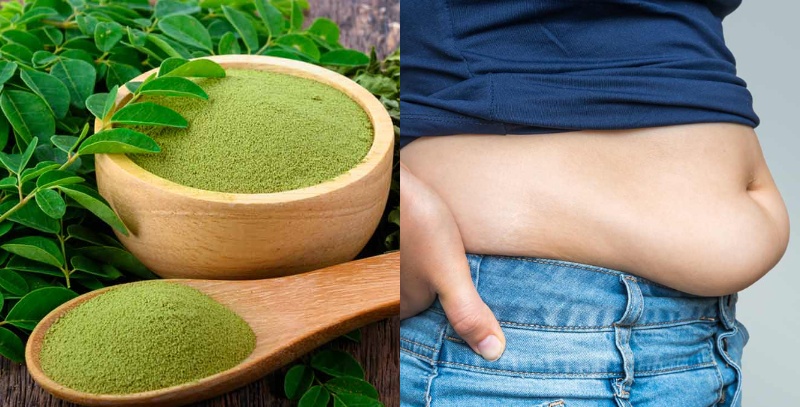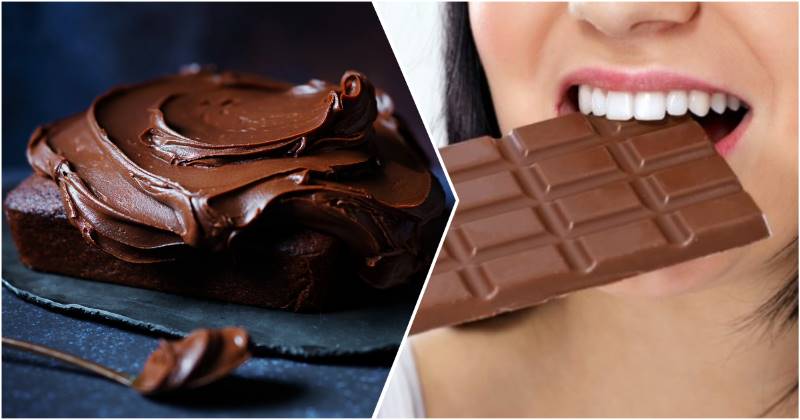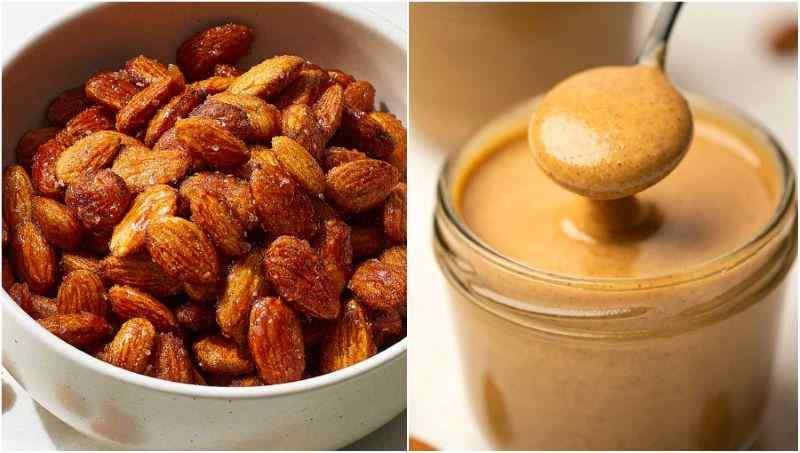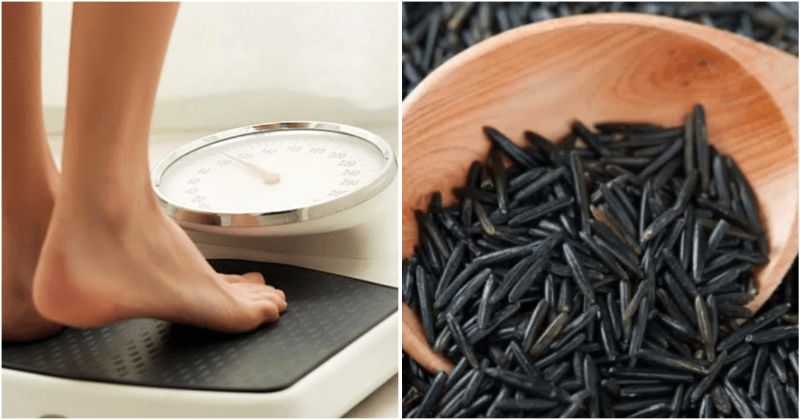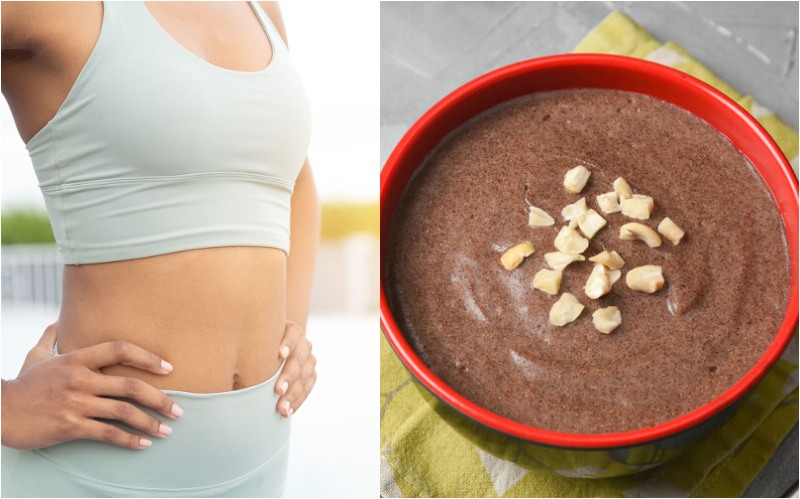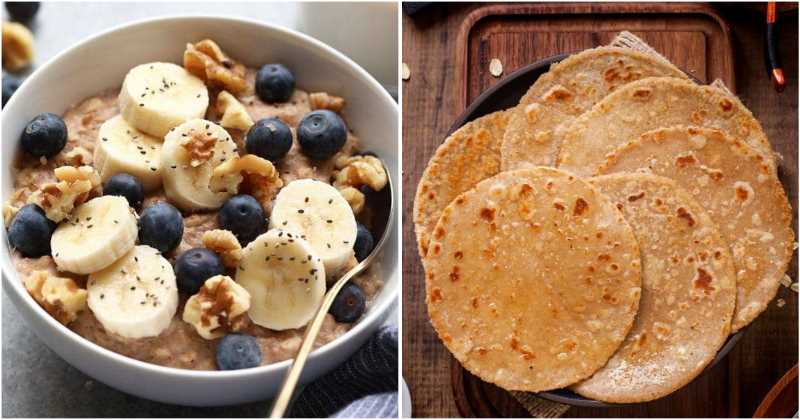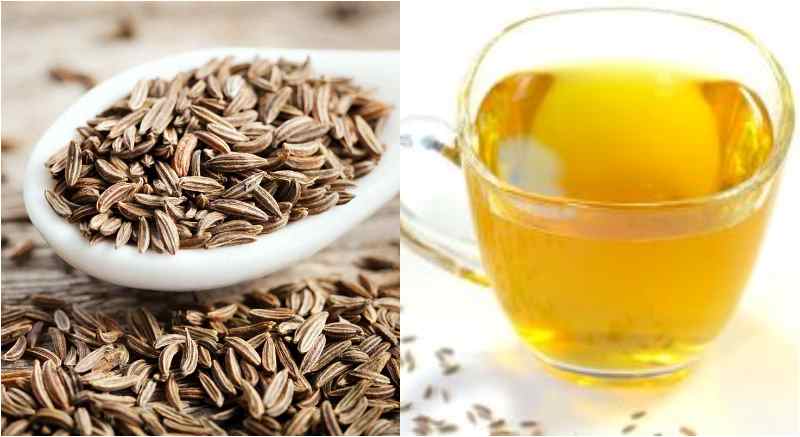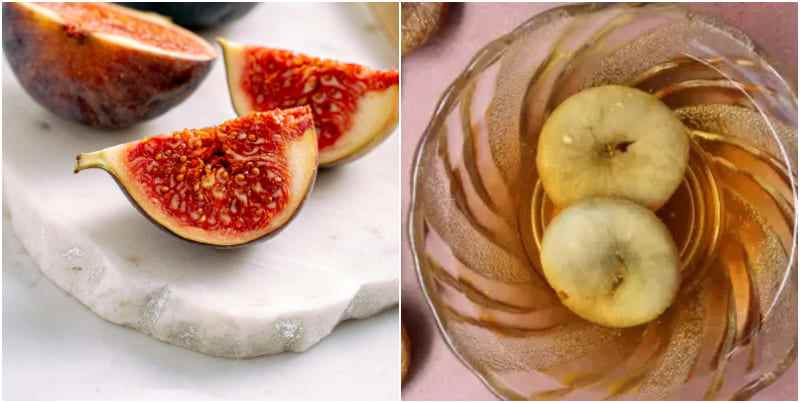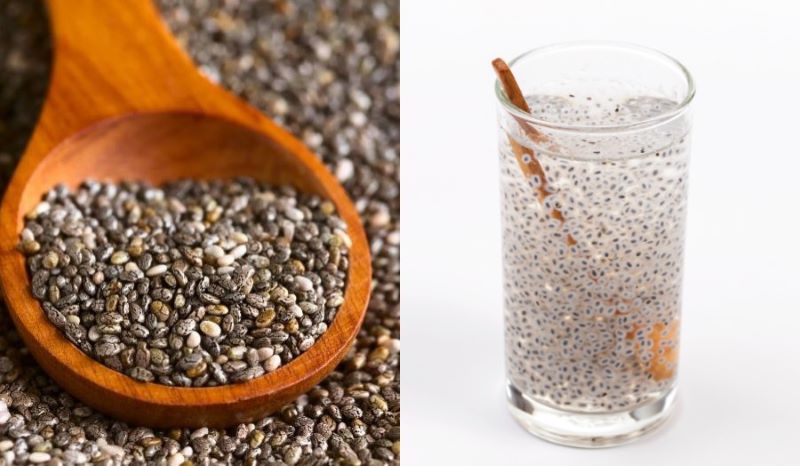Curd is an indispensable part of Indian culture – enjoyed with roti, rice, or own its own. In fact, having a few teaspoons of “dahi shakkar” (curd mixed with sugar) before exams is considered auspicious, as curd acts as a coolant and sugar provides instant energy. However, our elders strongly advise against consuming curd after sundown and recommend to avoid curd at night.
Despite its reputation as a healthy food, many believe that eating curd in the evening changes its beneficial properties and may even have side effects. Additionally, in South India, there’s a superstition that offering curd to others at night may bring bad luck and drive away prosperity. So, what’s the truth behind these theories? In this article, we discover 3 reasons to avoid curd at night.
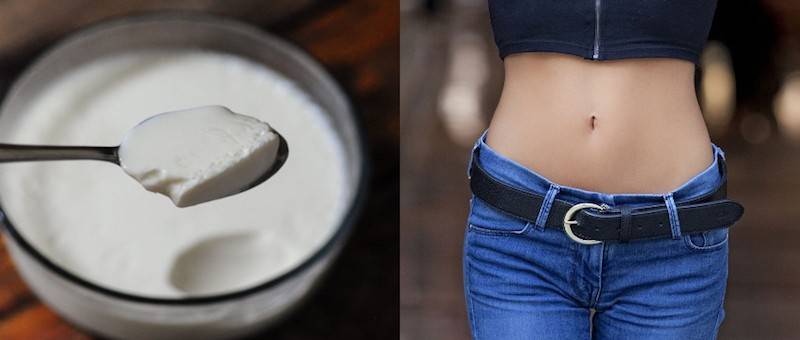
Health Benefits of Curd:
1. Rich in probiotics, good for gut health. These probiotics promote better nutrient absorption, improve digestion, and also boost the immune system. Regular consumption of curd is highly benefical for gut health, which runs so many important major functions in the body.
2. Has cooling properties. It soothes the digestive system and can provide relief in hot climates or during summer.
3. Curd can be considered a superfood because it is a rich source of so many nutrients – calcium, protein, vitamins, phosphorous among others. As mentioned above, it also has probiotics which supports the growth of healthy gut bacteria.
4. Curd has calcium and vitamin B2 and B12 which boost bone and muscle health.
Also Read: 5 Things You Should Stop Eating To Lose Weight Fast
3 Reasons To Avoid Curd At Night:
1. According to this article on Arya Vaidya Chikitsalayam and Research Institute, having curd at night increases the kapha dosha. What is kapha dosha? According to ayurveda, people with kapha dosha tend to have a slow metabolism and also a tendency to gain weight easily. An increase in kapha dosha in these individuals may lead to respiratory problems, trigger mucus production, water retention, and may lead to sluggish digestion. Having curd at night may increase kapha dosha in these people which might lead to increased mucus production and respiratory issues. So, people with an imbalance in kapha dosha should avoid having curd at night.

2. Curd is a diary product which is high in protein and fat. The enzymes necessary to breakdown fat and protein in the body, proteases and lipase respectively, are low towards the end of the day, making digestion of protein and fat slower, and this might lead to bloating, acid reflux, and indigestion.
3. Due to its high protein and fat content, curd may be digested slowly at night when metabolism is slower. It may take a long time for the body to break down and this delay in digestion would impact your sleep, and you would most likely wake up in a completely groggy and tired mood.
It’s advisable to consume curd during breakfast and lunch, avoiding it at night. If curd feels heavy, opt for a lighter alternative like diluted buttermilk, which can be made tastier with a pinch of black pepper. Additionally, avoiding heavy meals close to bedtime can help you lose weight and sleep better at night. Listening to your body’s cues and finding out the rational behind ancient wisdom can help find the best meal timing and choices for personal well-being.
Disclaimer: All images used in this content have been sourced from Google Images and are intended solely for informational purposes. The images are used to illustrate and enhance the understanding of the topics discussed. We do not claim ownership of these images and do not intend to infringe any legitimate intellectual right, artistic rights, or copyright. If you are the rightful owner of any images used here and wish to have them removed or credited differently, please contact us promptly.










